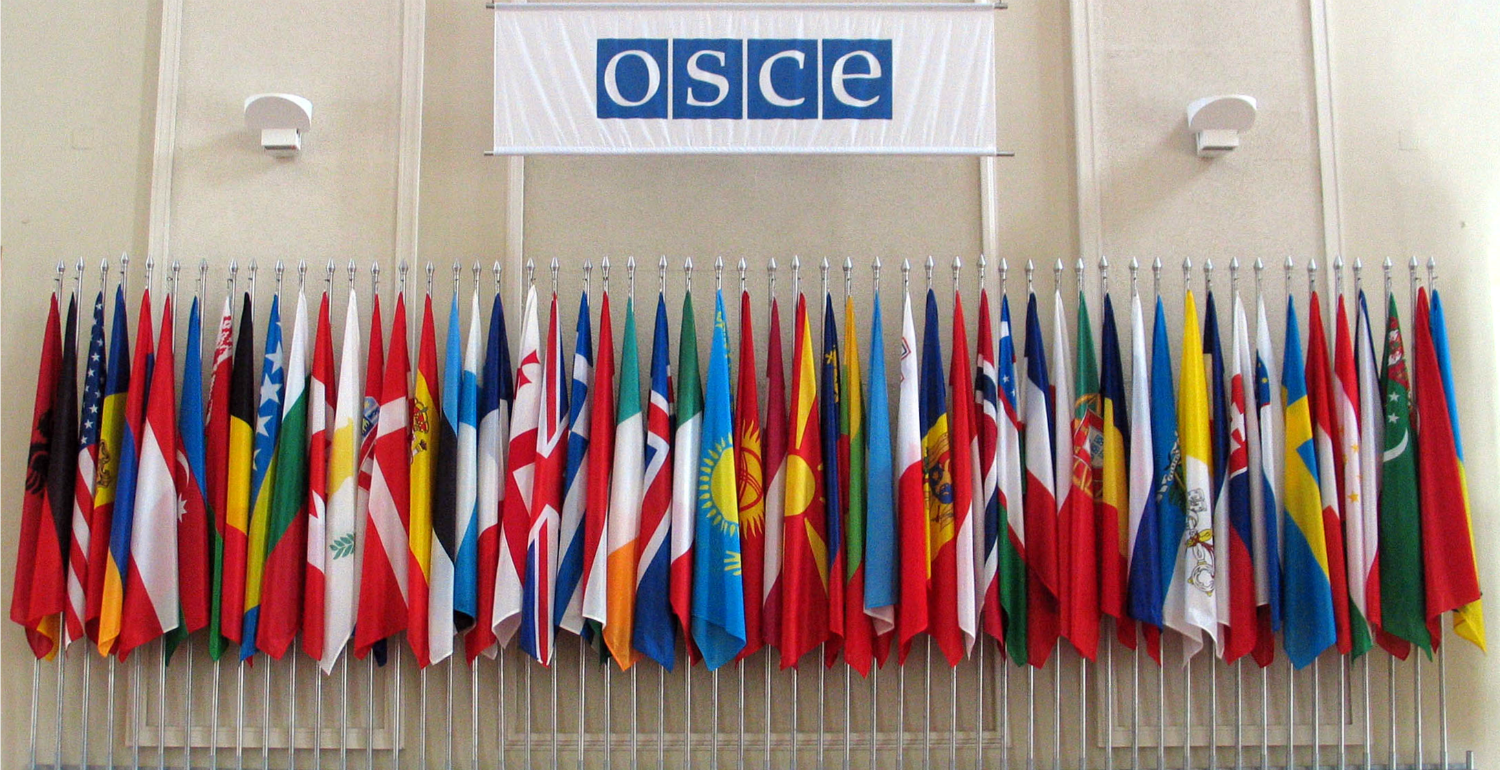Sen. Ben Nighthorse Campbell, Rep. Chris Smith, and witnesses discussed the OSCE’s efforts to coordinate counter-terrorism activities among its 55 member states, along with the level that these states are fulfilling their commitments to comply in the fight against terrorist activities and organizations. More specifically, the hearing focused on the financial and diplomatic dimensions of the war on terrorism, along with the European Union’s role in its efforts to fight terrorism in the OSCE region and the world over.
This hearing took place with the recent U.S.-EU counter terrorism cooperation summit in mind.











